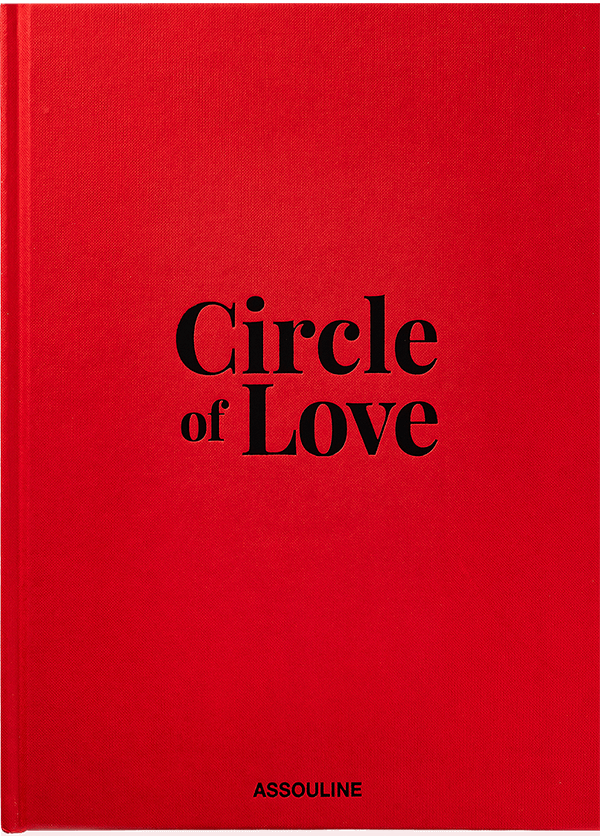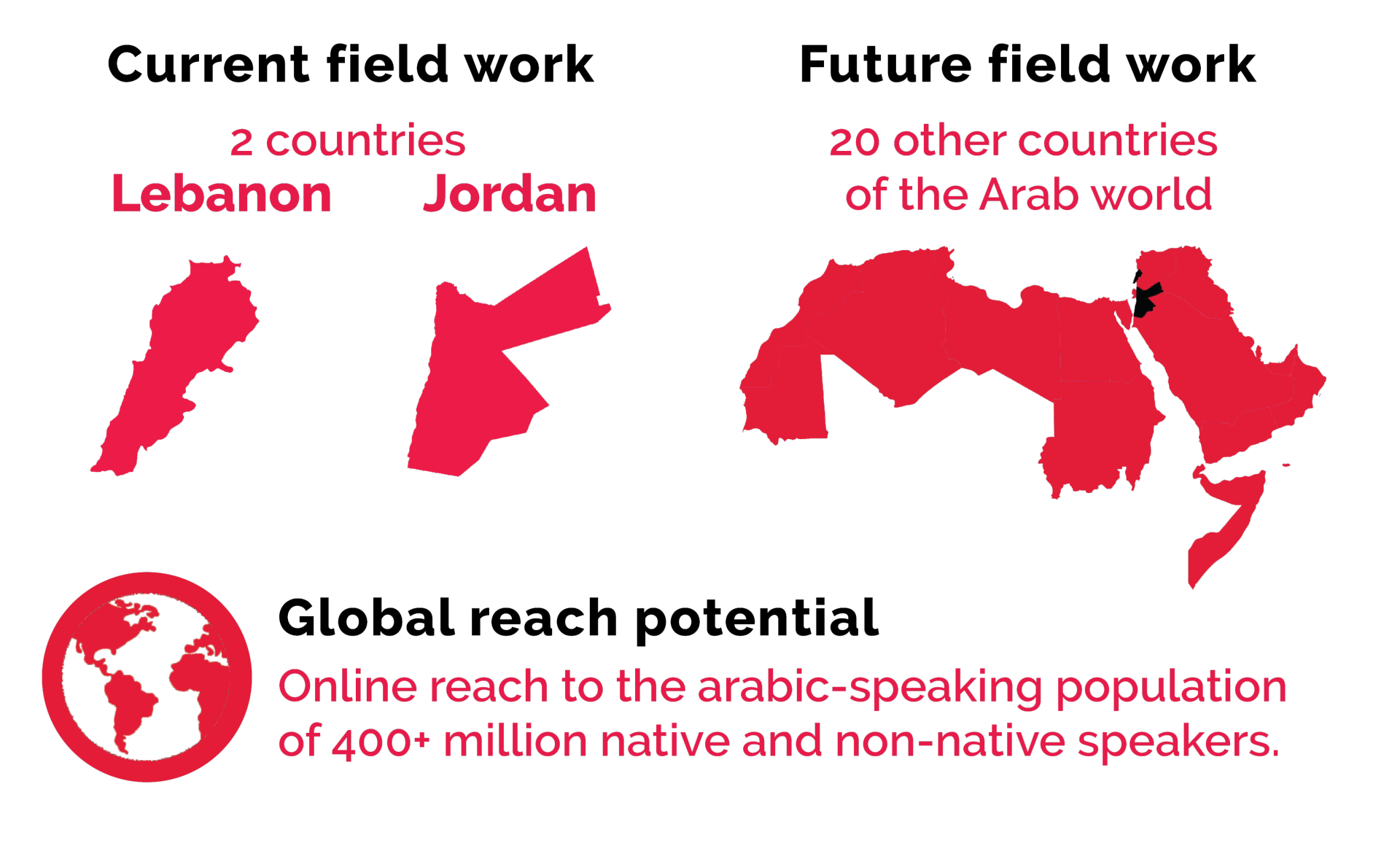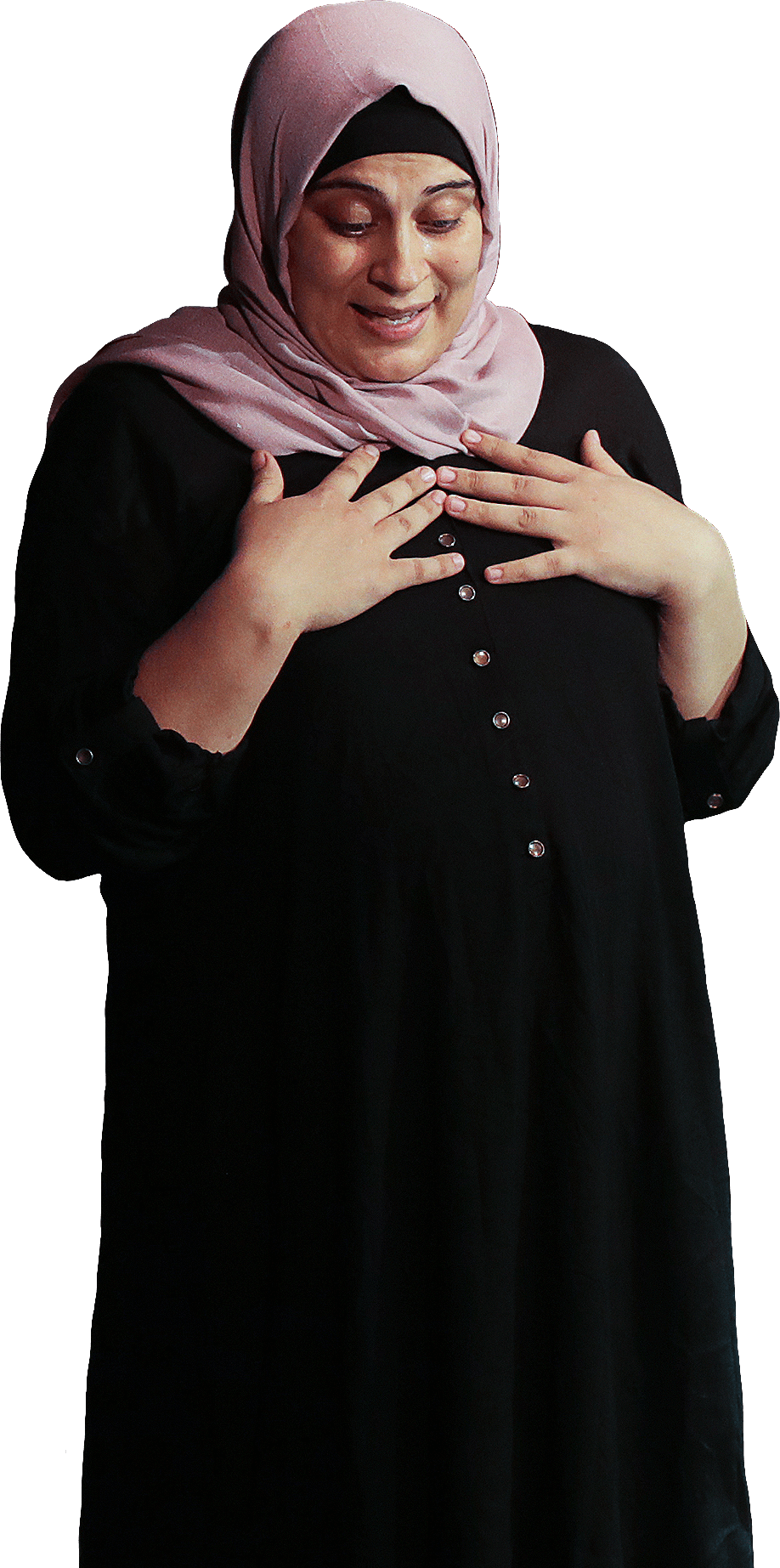Our Work
X


Our Work
Home | Our Work
Peace and Empowerment in Progress
Our vision
Fostering Peace in the Arab world by accelerating the transformation of Arab women traumatised by war and violence into the Arab world’s most impactful Peacemakers.
Our mission
One Million Arab Women For Peace initiative
Alleviating trauma in one million Arab women through the use of drama therapy by 2050
Our field work
The Intisar Foundation psychological support programme of drama therapy is the first of its kind approach to alleviating psychological trauma in Arab women impacted by the brutality of war and violence.
It is considered innovative because:
1. It utilizes drama therapy as the only psychological intervention that addresses body, emotions, and the mind (the neuroscience-based approach).
2. It relies on the psychological intervention of drama therapy that successfully circumvents mental health stigma by employing various activities (from dance to storytelling) which enable women to avoid self-stigmatization and allow themselves to overcome their individual traumas at their own pace, and whose creative approach prevents any potential social stigmatization hampering the women’s psychological progress.
3. It consists of 12 to 16 weekly sessions of drama therapy for a group of no more than 20 women, plus 12 monthly sessions throughout the subsequent year, which creates a support group and instills a sense of belonging to one another in a larger community.
4. It is implemented in cooperation with local non-governmental organisations across the Arab World which have a deep understanding of regional context and are able accurately to gauge local sentiment, allowing its work to make a profound and sustainable difference in these communities.
5. It is delivered in Arabic, by Arab drama therapists, and within the refugee camps in Lebanon and Jordan or through online sessions open to all Arabic-speaking women around the world.
6. it is inclusive of all nationalities, including both refugee women and women from the host communities, as well as all native and non-native Arabic speakers around the world, proving to be one of the few settings where women of nationalities can work together in a cultural setting.

Drama Therapy
Drama therapy is a multi-modality approach that uses expressive drama techniques to aid self-exploration and self-expression as a means of psychological healing.
In permitting the flexible utilisation of various activities, drama therapy allows each woman to explore and overcome her individual trauma at her own pace and comfort. Throughout the sessions, it focuses on releasing tension held within the body by using dance and movement and on tackling traumatic memories through acting and character development as a form of storytelling by proxy.
Drama therapy has proved to be a deep therapeutic process that improves body awareness, expands perspectives, expands social skills, and facilitates catharsis.
Held in group sessions, our drama therapy programmes allow for a domino effect, in which several forthcoming women embolden the rest of the group to open up about their experiences which instantly creates a support group and instills a sense of belonging to one another.
Why do we use drama therapy?
Drama therapy is the only psychological intervention that tackles all three components of trauma body, emotions, and the mind. It’s also a non-stigmatizing approach, gentle and efficient therapy at the same time.
It is based on the scientifically tested and proven capacity of the brain to adjust to new situations by creating new, or rewiring old, connections between neurons – neuroplasticity.
Numerous studies have proved that the physical structure of the brain can change in response to a new experience. When exposed to a new situation, or a stimulus, the brain forms different synaptic connections – in other words, it rewires itself to bring about a new emotion, thought, or behaviour.
Neuroplasticity can be adaptive and maladaptive.
Maladaptive neuroplasticity refers to a reorganization of the brain associated with a worsening condition or poorer behavior. Our drama therapists often observe this in women affected by war and violence who constantly withdraw themselves instead of developing inner and interpersonal skills that would allow them to confront their intimidating environment, speak up for themselves, and honour their own needs.
Adaptive plasticity refers to a state when the brain’s alteration prompts an improvement in cognition. During our drama therapy sessions, these traumatised women witness and rehearse other ways of dealing with their present difficulties, starting to see themselves and others in a new light, and developing long-term habits which make them confident about the future. This means that their Intisar Foundation drama therapy group represents a novel, more positive set of stimuli for their brains.

The Tools To
Heal Trauma
Drama Therapy uses acting, character development, screenplay writing and a variety of theater-based techniques that provide their participants with the tools necessary to understand and approach their distress adequately. It gives each participant a voice and a presence; by giving them an active role within their group. Drama Therapy develops personal communication skills and builds on previously acquired social skills.
The Tools To Heal Trauma
Drama Therapy uses acting, character development, screenplay writing and a variety of theater-based techniques that provide their participants with the tools necessary to understand and approach their distress adequately. It gives each participant a voice and a presence; by giving them an active role within their group. Drama Therapy develops personal communication skills and builds on previously acquired social skills.
Breathing Exercise
Practicing the deep breathing exercise has the ability to do miracles for a person’s well-being. It ushers in a state of decreased stress and relaxation as the body releases feel-good hormones (endorphins). It supports the blood circulation, increases the energy levels, reinstates a sense of calmness in the body, helps in releasing stress and anxiety, and improving the posture of the body.
Grounding Exercise
The grounding practice can help pull away unwanted memories or negative and challenging emotions. The techniques used in this exercise can distract you from what you’re experiencing with refocusing on what’s happening in the present moment. It calms the thoughts process, alters the mood positively, reduces anxiety levels, connects with the body and mind, and keeps us in a mindful state.
Self-Embodiment for Self-Connection Exercise
Practicing self-embodiment is what makes us more human. It brings our vision into physical manifestation with self-connecting with the graceful bodies we have. It helps with awareness, witness self, sensitivity, and tracking, the present moment by breathing deeply.
Dancing Exercise
Practicing dancing everyday can boost the whole-body workout. It is good for the heart, it makes you stronger, and it can help with balance and coordination. In dance, you can be jumping, swaying, twirling, etc.

Officially registered as a humanitarian organisation with the Charity Commission for England and Wales in 2019, Intisar Foundation is the first charitable organisation in the Middle East dedicated to providing psychological support programmes of drama therapy to Arab women affected by the brutality of war and violence.
Intisar Foundation
McCarthy Denning, Suite 102,
70 Mark Lane, London, EC3R 7NQ
UK Registration Charity Number: 1182384

For more than a month, we are witnessing how international humanitarian law fails to protect Palestinian mothers and children.
Day after day, we have been lamenting and denouncing new acts of violence that brought injustice and the bemoaning loss of innocent lives in Gaza.
And yet, Palestinians in Gaza still face new perils with every next hour.
In writing this letter to the world as a demand for action to end this suffering, I join millions of others who have condemned the continued Israeli aggression and call for an immediate ceasefire.
We at Intisar Foundation also invite you to join us in working on preventing this trauma to linger and gnaw through another generation of Palestinians, and Arabs in general.
The mission of Intisar Foundation is to bring Peace to the Arab world through the psychological recovery of Arab women traumatised by war and violence, which can result in the women stopping the continued cycle of violence inflicted on or by them.
In this way, our work helps Arab homes traumatised by violence become more Peaceful again.
The ripple effect of this outcome can be that Peace flowcharts from one Arab home to another, from one Arab community to another, reaching and affecting our whole region.
In its very essence, therefore, Intisar Foundation’s work has always been about breaking the chains of trans-generational trauma.
While I salute people around the world confronting this injustice – from the world’s best universities, influencers, civil society activists and organisations, to ordinary people taking to streets and social media to raise their voices for Peace – I am now certain that we will not resolve the Palestinian crisis only with ceasefires, humanitarian aid, or rebuilding their homes and neighbourhoods.
We need to recover and protect the souls of current and future generations of Palestinians, and all Arabs, from this trauma.
To that end, Intisar Foundation is committed to turning this terrible man-made tragedy into a healing woman-led victory for Palestine, for humanity!
Intisar AlSabah